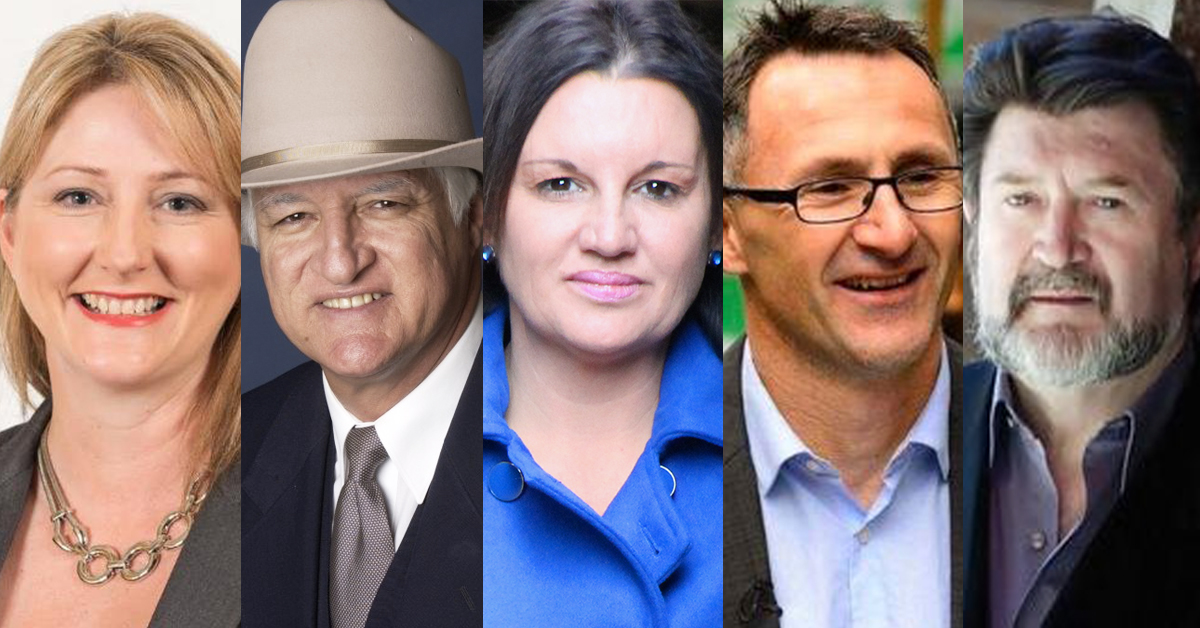
Election day is over, but the result is still up in the air.
On the most recent count, neither major party has secured enough seats to command a majority in the Lower House (House of Representatives) which is required to form Government.
What does this mean for climate change, and climate policy?
If we end up with a hung Parliament, then the balance of power could rest in the hands of a few crossbenchers – politicians who are independent of both of the major parties. Winning their support will be crucial to forming government and passing legislation.
So just who are the crossbench politicians, and where do they stand on climate change?
Here’s what we know so far…
THE HOUSE OF REPRESENTATIVES
Rebekha Sharkie (Nick Xenophon Team): Mayo, SA
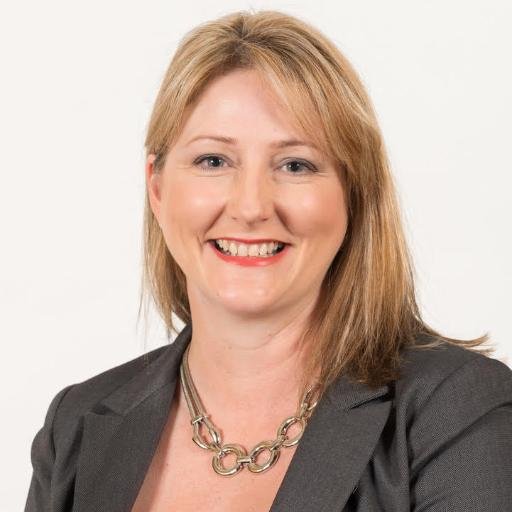
- Supports a 50% renewable electricity target (RET) by 2030
- Supports an Emissions Trading Scheme (ETS)
- Wants taxpayer funded research into renewable energy and climate change made more easily available to Australian industry
Read more here.
Cathy McGowan (Independent): Indi, VIC
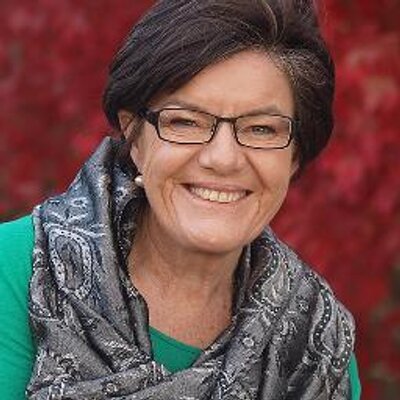
- Supports a price on carbon
- Supports continued research into energy efficient technologies and renewable energy sources
- Supports continued research into carbon sequestration.
Read more here.
Bob Katter (The Katter’s Australian Party): Kennedy, QLD
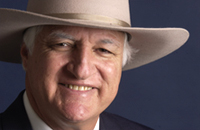
- Does not support a carbon tax or emissions trading scheme
- Expects Government commitment to clean energy projects such as the Kennedy Wind Farm
- Wants the creation of a National Energy Grid facilitating resource development and continuous access to clean energy resources
Read more here.
Andrew Wilkie (Independent): Denison, TAS
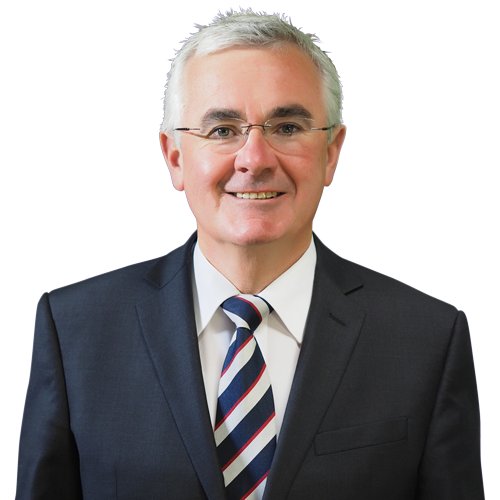
- Supports a price on carbon
- Believes Australia can achieve zero net carbon emissions by 2030
- Supports phasing out coal and gas fired power stations and a shift to 100% reliance on renewable energy by 2030
Read more here.
Adam Bandt (Greens): Melbourne, VIC

- Aiming for net zero or net negative greenhouse gas emissions within a generation
- Supports increasing the RET and creating 100% of stationary electricity in Australia from renewable sources
- Supports a binding national emission targets for each year through to 2050
Read more here.
THE SENATE
The Senate has a broad role including introducing legislation and reviewing legislation passed in the Lower House. Vote counting for the Senate takes longer, so we won’t know the final outcome for a while yet.
However, results so far* suggest the Government will need to work with a significant crossbench, including:
The Greens (3-6 Senators*)
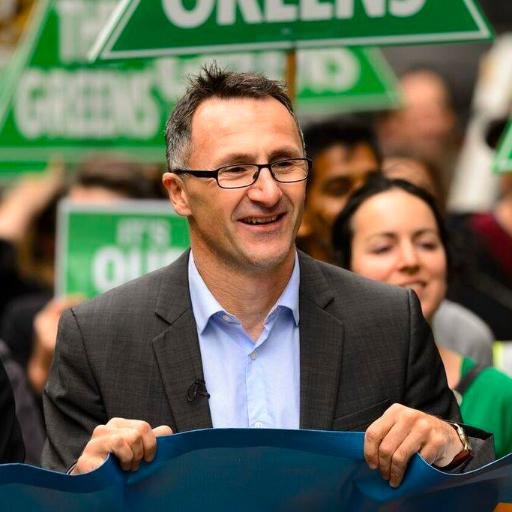
- Aiming for net zero or net negative greenhouse gas emissions within a generation
- Supports increasing the RET and creating 100% of stationary electricity in Australia from renewable sources
- Supports a binding national emission targets for each year through to 2050
Read more here.
Derryn Hinch’s Justice Party (1 Senator*)
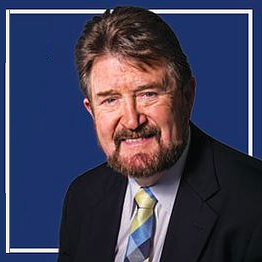
- Stay tuned for this one, climate change is not listed on Derryn Hinch’s Justice Party website
Nick Xenaphon Team (2-3 Senators*)
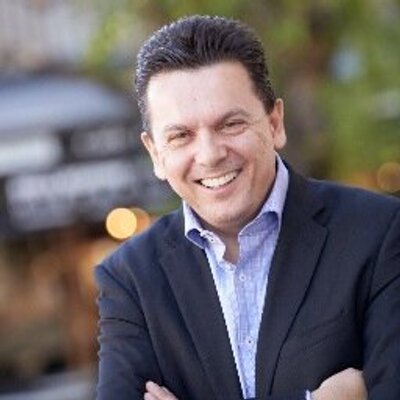
- Supports 50% renewable electricity target by 2030
- Supports an Emissions Trading Scheme (ETS)
- Wants taxpayer funded research into renewable energy and climate change made more easily available to Australian industry
Read more here.
Pauline Hanson’s One Nation (1 Senator*)
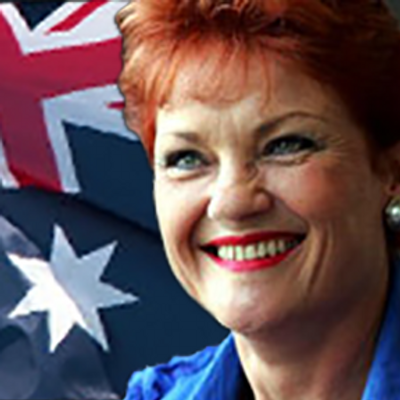
- Wants a royal commission into climate change science
- Want to abolish the Renewable Energy Target
- Opposes all taxes levied on Carbon Dioxide
Read more here.
Jacqui Lambie Network (1 Senator*)
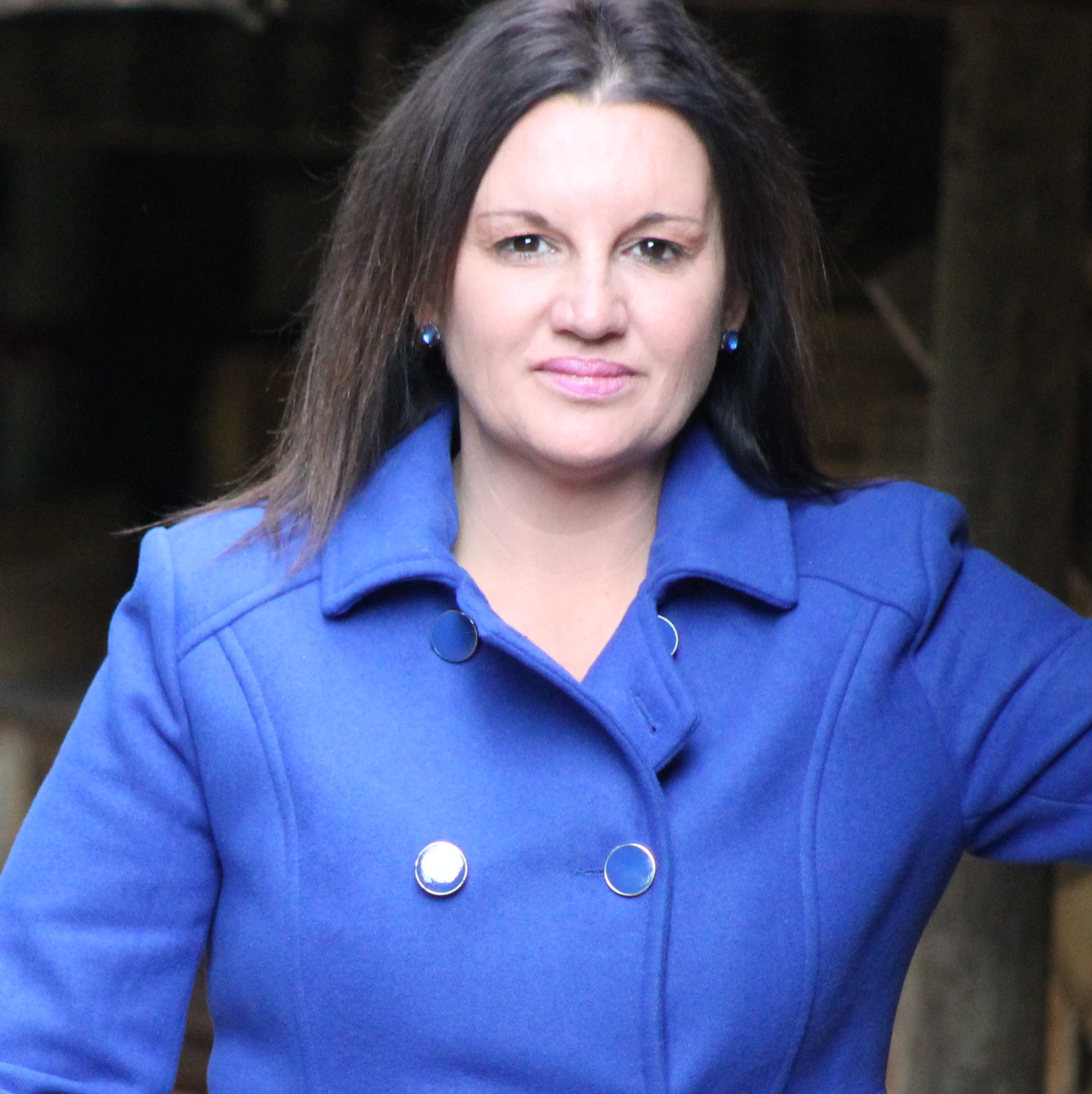
- Supports the doubling of base-load energy in the form of hydro-electricity
- Wants a community debate, followed by a referendum on nuclear power generation
- Opposes the introduction of a carbon tax or ETS, prior to major trading partners doing so
Read more here.
Stay tuned for more on the Senate crossbench.
And in the meantime?
Regardless of how the votes unfold over the next few days and weeks, one thing is certain: the next government of Australia will play a key role in either helping or hindering action on climate change.
*At the time of writing the legends at the AEC still have a lot of counting ahead. These numbers are based on preliminary data from the ABC and are subject to change.
Images via candidates’ websites or Twitter profiles.